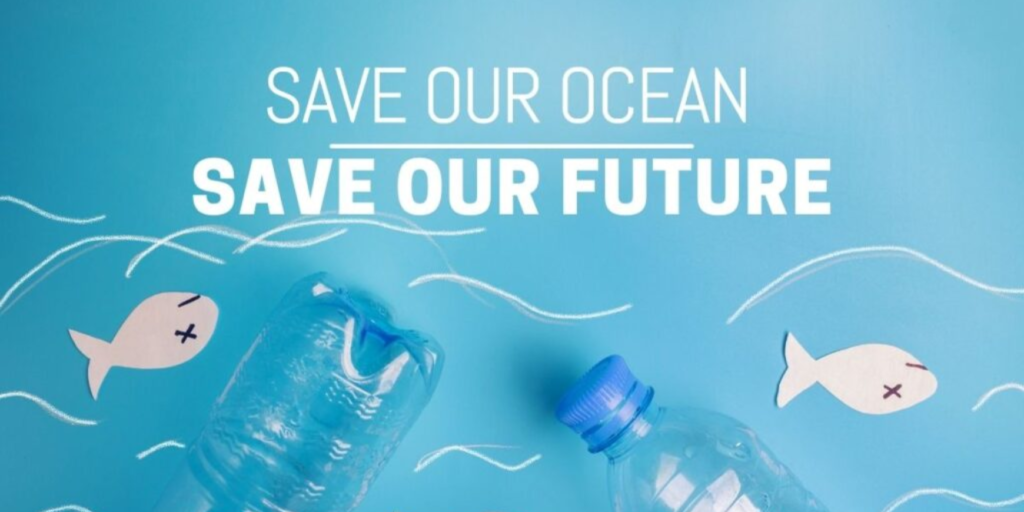To reduce ocean pollution, various measures can be taken at individual, community, and global levels. Here are some effective strategies:
Proper Waste Disposal:
Dispose of waste materials properly, ensuring they do not end up in rivers, lakes, or oceans. Use recycling facilities for plastics, glass, and metals, and dispose of hazardous waste through designated channels.
Reduce Single-Use Plastics:
Minimize the use of single-use plastics such as plastic bags, straws, and bottles. Opt for reusable alternatives like cloth bags, metal straws, and refillable water bottles to reduce plastic waste.
Promote Recycling and Circular Economy:
Encourage recycling initiatives in your community and support products made from recycled materials. Embrace the concept of a circular economy, where resources are reused and recycled to minimize waste.
Responsible Fishing Practices:
Support sustainable fishing practices and opt for sustainably sourced seafood. Avoid purchasing or consuming species that are overfished or caught using destructive methods like bottom trawling.
Educate and Raise Awareness:
Spread awareness about the importance of ocean conservation and the impacts of pollution. Educate others about sustainable practices and encourage them to take action to protect the oceans.
Participate in Beach Cleanups:
Join or organize beach cleanup events to remove litter and debris from coastal areas. This helps prevent waste from entering the ocean and protects marine life.
Support Environmental Organizations:
Contribute to or volunteer with organizations dedicated to ocean conservation. These organizations work towards protecting marine ecosystems, advocating for policy changes, and conducting research.
Advocate for Policy Changes:
Stay informed about environmental policies and advocate for stronger regulations to protect the oceans. Support initiatives that aim to reduce pollution, regulate fishing practices, and promote sustainable use of marine resources.
Reduce Chemical Usage:
Minimize the use of chemicals in your daily life, such as pesticides and fertilizers, as they can find their way into water bodies and eventually the ocean. Explore organic and eco-friendly alternatives for gardening and household needs.
Sustainable Tourism:
When visiting coastal areas, choose eco-friendly and responsible tourism practices. Respect the local environment, follow designated trails, avoid littering and support businesses that prioritize sustainable practices.
small actions taken collectively can make a significant impact in reducing ocean pollution. By adopting sustainable habits and spreading awareness, we can contribute to the health and preservation of our oceans for future generations.

